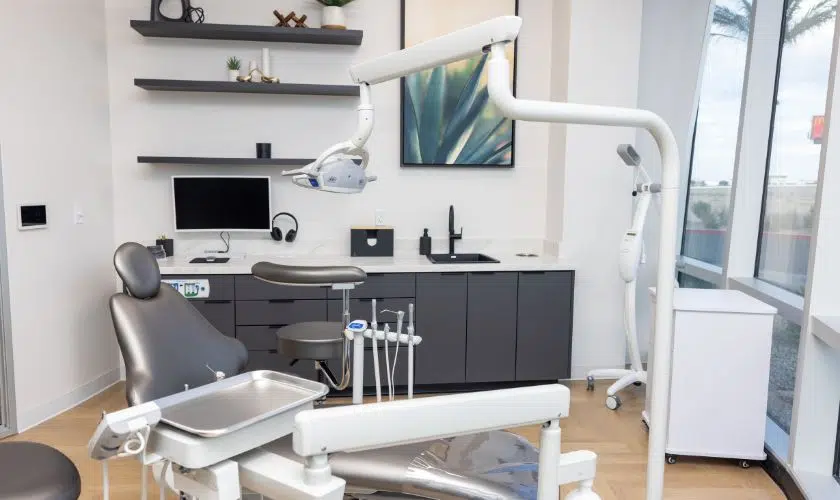Unlocking the Secrets: How Long Do Veneers Last?

Dental veneers have become a popular cosmetic solution for achieving a radiant smile. Whether used to correct imperfections, discolorations, or misalignments, veneers offer a quick and effective way to transform your teeth. However, like any dental procedure, it’s essential to understand the longevity of veneers and what factors contribute to their lifespan.
Understanding Dental Veneers:
Dental veneers are thin shells, typically made from porcelain or composite resin, custom-designed to fit over the front surface of your teeth. The primary goal is to enhance the appearance of your smile by addressing issues such as discoloration, gaps, or misalignments. Veneers are renowned for their natural look and durability, making them a sought-after option for those seeking a lasting solution for their dental concerns.
Factors Influencing Veneer Longevity:
- Material Matters: The material of your veneers plays a crucial role in determining their lifespan. Porcelain veneers are known for their resilience and resistance to stains, making them a durable choice. On the other hand, composite resin veneers may not last as long but can still offer significant longevity with proper care.
- Oral Hygiene Practices: Maintaining a robust oral hygiene routine is paramount to the longevity of your veneers. Regular brushing, flossing, and dental check-ups help prevent plaque buildup and maintain the health of the teeth beneath the veneers. Poor oral hygiene can lead to issues like decay or gum disease, compromising the integrity of the veneers.
- Dietary Habits: Your dietary choices can impact the lifespan of your veneers. Avoid excessive consumption of foods and beverages known for staining, such as coffee, tea, red wine, and certain berries. Additionally, refrain from biting hard objects, like ice or pens, as this can lead to chipping or cracking of the veneers.
- Bruxism (Teeth Grinding): Individuals who suffer from bruxism, or teeth grinding, may experience a shorter lifespan of their veneers. The constant pressure and friction can wear down the veneers over time. Wearing a night guard, as recommended by your dentist, can help protect your veneers from the effects of bruxism.
- Professional Maintenance: Regular dental check-ups are crucial to monitor the condition of your veneers and address any issues promptly. Professional cleanings and maintenance ensure that your veneers stay in optimal condition and that any potential problems can be detected early.
Average Lifespan of Veneers:
The lifespan of dental veneers varies based on the factors mentioned above. On average, porcelain veneers can last anywhere from 10 to 15 years or even longer with proper care. Composite resin veneers generally have a shorter lifespan, ranging from 5 to 7 years. However, advancements in dental materials and technology continue to improve the durability of veneers, providing patients with longer-lasting solutions.
Tips for Prolonging Veneer Lifespan:
- Adopt Good Oral Hygiene Practices: Brush your teeth at least twice a day, floss regularly, and use an antiseptic mouthwash to maintain oral health.
- Choose Your Foods Wisely: Be mindful of your diet, avoiding foods and drinks that can stain or damage your veneers.
- Protect Your Teeth: If you grind your teeth, use a night guard to prevent unnecessary wear and tear on your veneers.
- Regular Dental Check-ups: Schedule routine dental appointments to allow your dentist to assess the condition of your veneers and address any issues promptly.
Conclusion:
Dental veneers are a fantastic investment in your smile, providing a durable and aesthetically pleasing solution for various dental concerns. By understanding the factors that influence their longevity and adopting proper care practices, you can enjoy the benefits of your veneers for years to come. If you’re considering veneers or already have them, consult with your dentist to develop a personalized care plan that ensures a lasting, beautiful smile.






